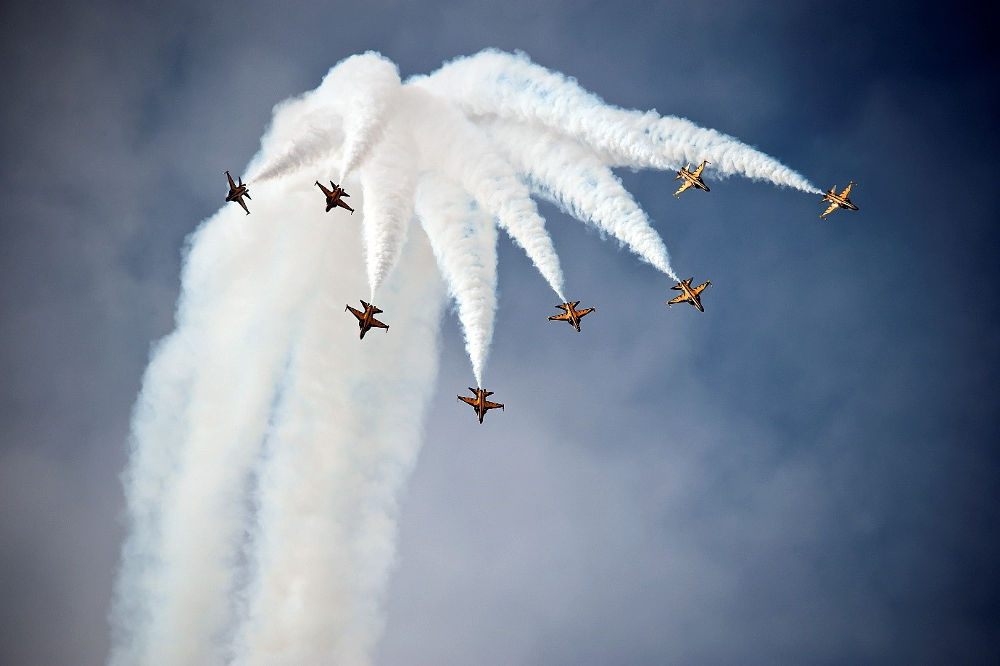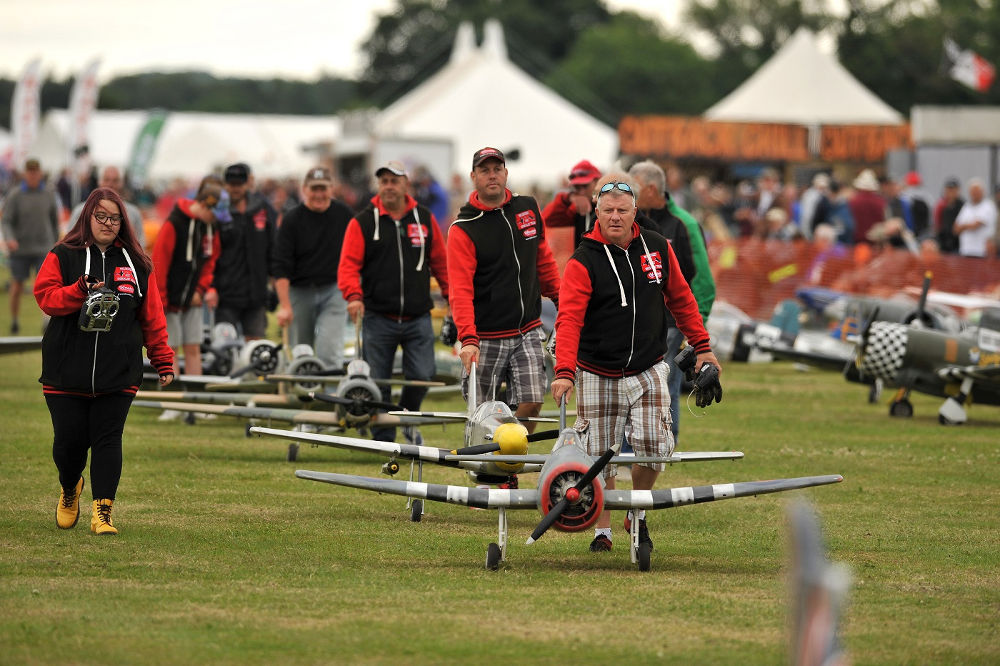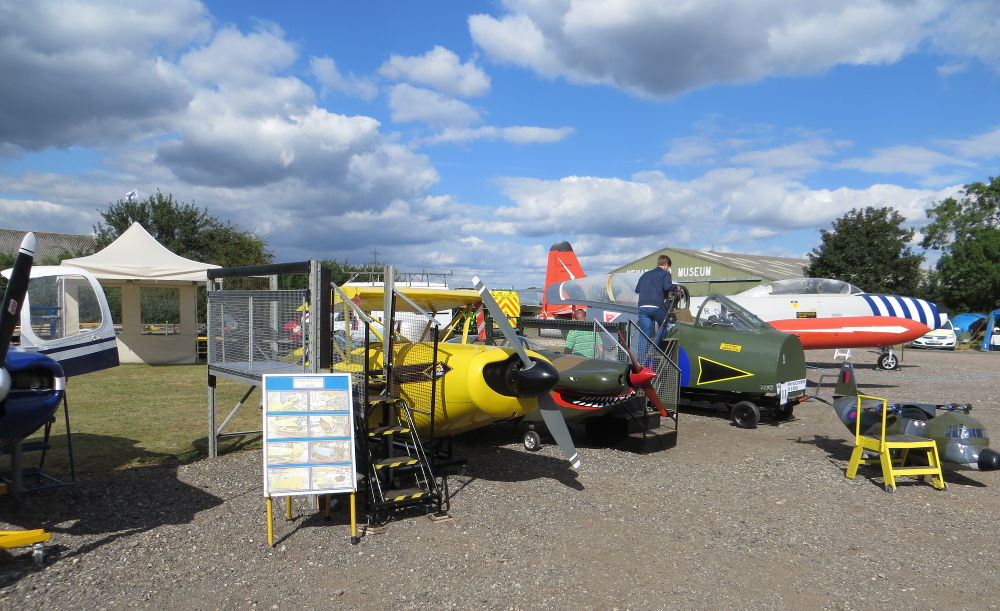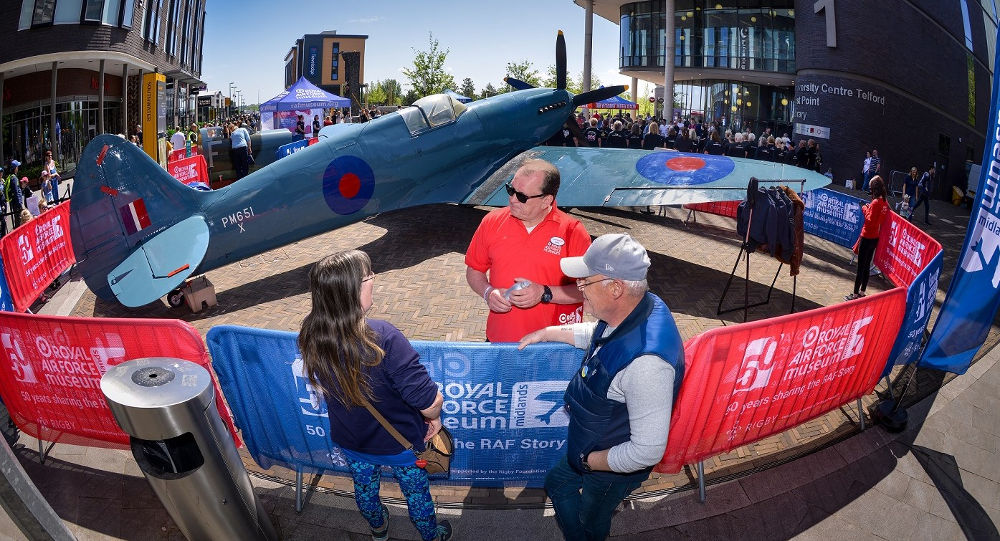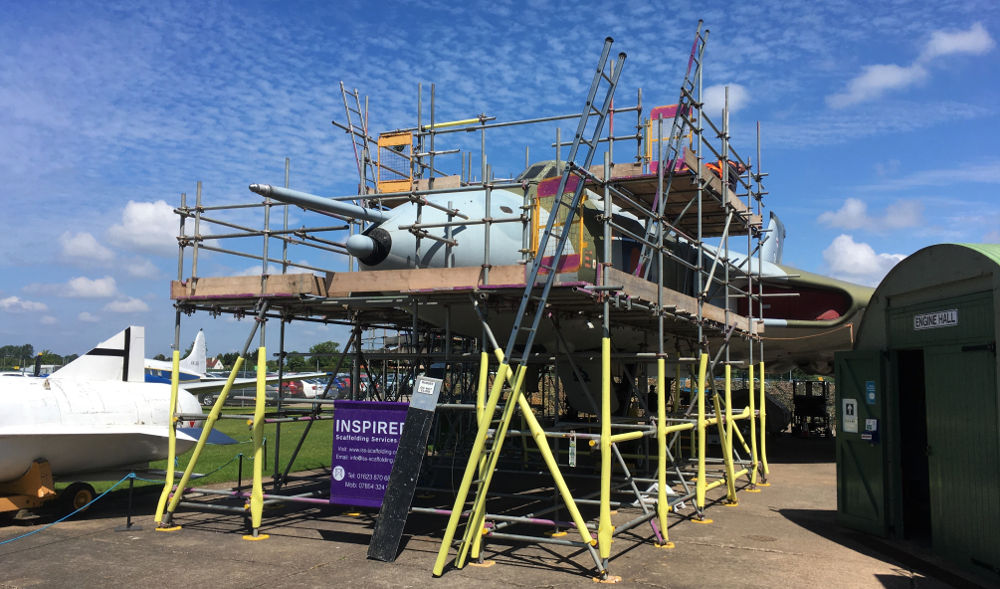Royal International Air Tattoo commits to becoming a more sustainable event
Sunday, June 26th, 2022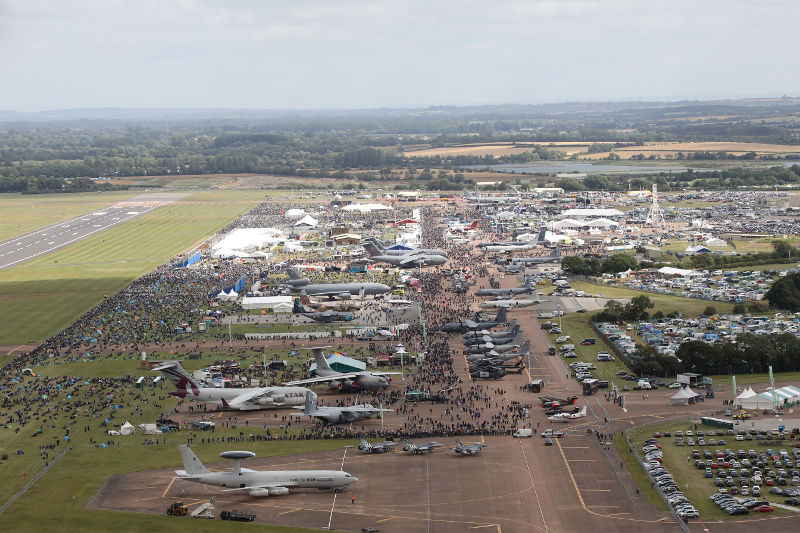
With one month to go, the world’s biggest military airshow, the Royal International Air Tattoo (RIAT), is returning to RAF Fairford for the first time in three years.
“Our commitment to inspiring the next generation of aviation and STEM enthusiasts focuses on innovation, technology and the importance of sustainability. We recognise that improving our sustainability is essential if the young people of today are going to have the opportunity to find their place in the world of aviation tomorrow.” said Paul Atherton, CEO.
The RAF Charitable Trust Enterprises is committed to making real, measurable reductions to the carbon footprint of RIAT. So much so, that the organisation is implementing ISO 20121, the International Standard on Sustainable Event Management, as a framework to help it to do this effectively.
“For us to improve our environmental impact and sustainability practices, we need to understand where we are now and what effect we are having. So, for the first time, we will be measuring the impact of everything – from the number of cars in our car parks, to the number of aircraft flying hours, to the amount of food waste generated.” said Kate McKinley, who is leading sustainability activity at the event.
How will this be more sustainable?
This will allow the organisers of RIAT to analyse the environmental impact of different aspects of the event and create a strategy for future policies. Effectively targeting the biggest impacts will help to make real reductions to the event’s carbon footprint in the future.
But this is more than just policies and checklists…
This is about a creating a cultural shift and being more sustainability focussed. The RAF Charitable Trust Enterprises has already started making positive changes with the support of its sponsors, suppliers, and exhibitors.
Although you won’t see recycling bins at the event, all waste will be sorted at a materials recycling plant. Anything that cannot be recycled will be taken to a waste to energy plant, where the energy will be recovered as electricity. Any food waste will be repurposed at an anaerobic digestion plant.
Nothing will be going to landfill.
All generators at RIAT will be running on 100 per cent Hydrotreated Vegetable Oil (HVO) fuel and a solar and a hybrid generator will be trialled on site. All catering outlets present at the event have been asked to use recyclable and plant-based packaging materials only, and food waste from the staff and volunteer diner will be reduced through detailed planning and anticipation of demand.
Water refill points will be available site-wide, and the organisers are encouraging our volunteers and visitors to bring their own reusable water bottles. This will not only save money but also eliminate 30,000 single-use plastic bottles from waste.
As well as these behind-the-scenes changes, the RAF Charitable Trust Enterprises has engaged with their partners and exhibitors on their plans and invited them to use RIAT to highlight the innovations they are making in aviation sustainability. The organisers of the event intend that RIAT will become a platform for this in the future.
What happens next?
The RAF Charitable Trust Enterprises is excited to be making changes to their event operations and recognise this is the first stage of an important journey. Once it has monitored and measured all aspects of the event and analysed the results, it looks forward to drawing up a strategy for long-term reductions in the event’s impacts.

